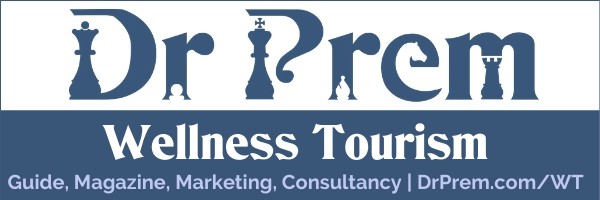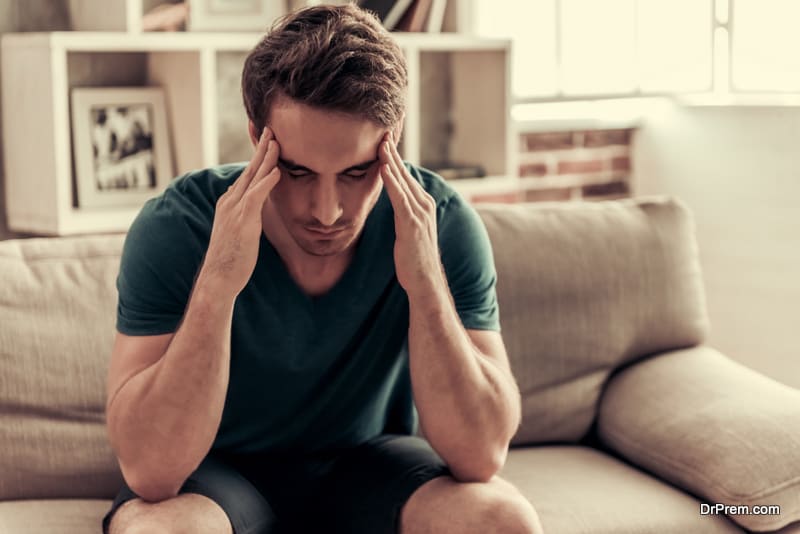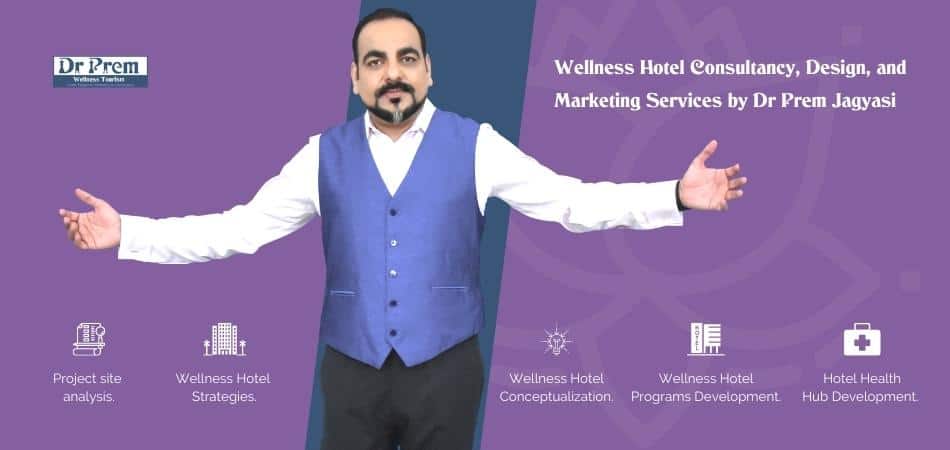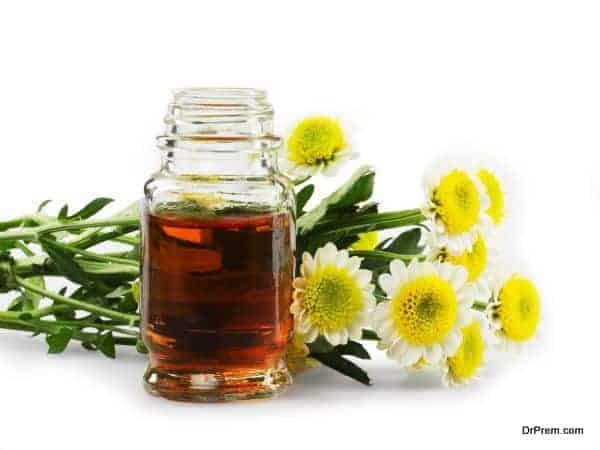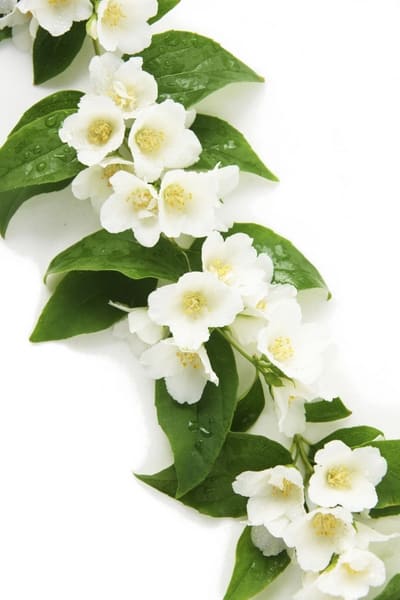Top Alternative Medicine
1. Deep breathing
Fatigued individuals often breathe in a fast and shallow way. This type of breathing can lead to shortness of breath, increased muscle tension, inadequate oxygenation of blood, and fatigue. Deep breathing exercises improve respiration, and relieve stress and fatigue. They are best performed lying flat on the floor with the knees bent and body relaxed. With proper breathing techniques, you can quickly relieve tension, and prevent fatigue. Deep breathing exercises can be done for 20 minutes at a time, at any place, and at any time. It can be done even while traveling. The symptoms like Afib fatigue makes the heart rate beat faster causing irregular heart rate. For Afib fatigue treatment can be cured by proper medication and drugs and proper medical process.
2. Exercise
It is very important to maintain weight, strength, muscle and mobility. Though it might seem contradictory that exercise helps in reducing fatigue, it is true. Exercise not only works out your calories but also tones up muscles and bones giving them strength and energy. With lack of exercise the muscles become weak and activities like walking or climbing stairs becomes difficult and tiring. Stretching is another great way to increase energy and reduce symptoms of fatigue.
3. Acupuncture
Both in China and in the West, studies have proven that acupuncture helps in treating fatigue syndrome. It helps patients relax and get good sleep which is often a turn around for improvement. Acupuncture involves positioning a thin needles into the skin at specific locations in the body called acupoints to harmonize the energy flow in the body. It also relieves similar symptoms such as headache, irritable bowel syndrome, fibromyalgia, and depression. They sometimes use a herb, mugwort which is burnt and then kept over the accupuncture points along with needling therapy. This is known as moxibustion which is a more intense treatment.
4. Homeopathy
Homeopathic treatment depends on the person’s constitution. The physical, emotional and psychological makeup decides the type of medicine for treatment. Calm and quiet people who get emotional or moody are treated with pulsatilla. Sulphur is recommended for those who feel fatigued but are not emotional or sensitive, Arsenicum for burning pains and chills that accompany fatigue, and Gelsenium for drowsiness, mental exhaustion, indifference and heaviness of limbs and, eyelids.
5. Astragalus
Astragalus is a herb used for shortness of breath, fatigue, ant-inflammatory, antiviral, antibacterial effects. It is also good for flu and cold, and can be used for treating fatigue that comes from flu, colds, and fevers. Astragalus improves general weakness, and also fatigue associated with radiation or chemotherapy.
6. Alfalfa or medicago sativa
If fatigue is due to hormonal imbalance like in menopause, alfalfa stimulates the body’s hormone production as it is high in phytoestrogens. It improves digestion and appetite, increases stamina and strength, and reduces extreme stress. Alfalfa fortifies strength and stamina, reduces toxicity and improves ability to handle stress. But, the same is not true with the seeds and sprouts of alfalfa as they increase toxicity.
7. Ginseng
Ginseng is a herb that increases energy and helps in fighting fatigue. Ginseng supports immune function by mononuclear blood cells that are important for fighting an infection. In the University of Iowa, out of a group of 155 people, 56 percent of them found ginseng effective. Ginseng, improves vitality, strengthens the adrenals, and supports the ability to handle stress. It improves stamina, mental and physical stamina, and balances moods. Siberian ginseng is excellent for exhaustion, increases mental alertness, and work output besides enhancing the immune system. Ginseng is however not recommended for blood pressure or heart patients.
